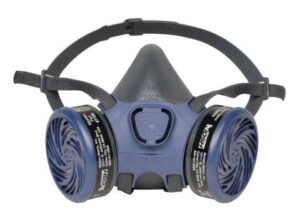Draft your business plan this winter! For seven weeks, from February 13 through March 26, we will guide business owners and managers through the process of developing your business plan using AgPlan. Each week will cover a different section of the process. If you do your homework in between sessions, you’ll have a business plan drafted by the end of March. You can register here.
- Feb 13, 2024 01:00 PM
- Feb 20, 2024 01:00 PM
- Feb 27, 2024 01:00 PM
- Mar 5, 2024 01:00 PM
- Mar 12, 2024 01:00 PM
- Mar 19, 2024 01:00 PM
- Mar 26, 2024 01:00 PM

 LIMITED)
LIMITED)
